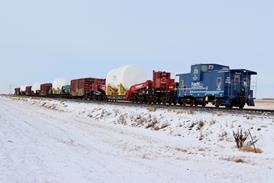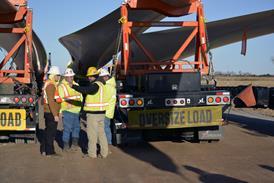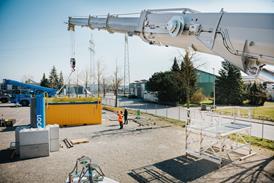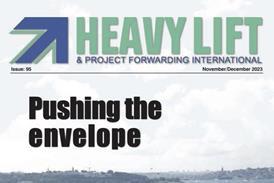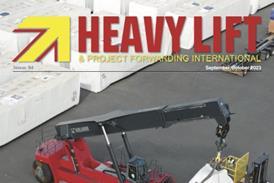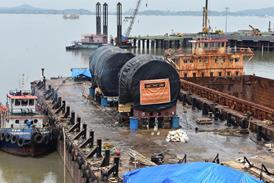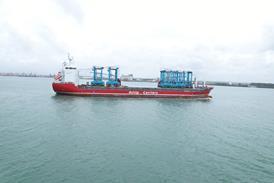May 12 - Driverless vehicles, 3D printing, robots operating warehouses and new forms of energy are likely to pose greater challenges to supply chains than ever before, delegates at the Multimodal 2016 exhibition in the UK were told.
In addition to e-commerce, all of these factors will not only change the way supply chains are managed, but also how infrastructure itself is used, said Will Whitehorn, chairman of Transport Systems Cataput.
"Robotics and autonomous vehicles will also change the way we use road and rail networks and we will certainly see autonomy in road haulage vehicles in the next few years," he suggested.
Whitehorn added that in terms of energy, the move away from the use of fossil fuels would also represent one of the largest shifts in modern history, as oil producing companies come under increasing pressure from new types of fuel, as well as the increasing ease of extracting oil via new technologies.
Peter Louden, chief operating officer of Doddle, also suggested that e-commerce is "far outgunning every other development".
Whitehorn noted that the growth of 3D printing - including the fact that it is getting increasingly more cost effective - combined with increasing use of robots in warehouse operations would likely also change the face of the industry.
"By taking humans out of warehouses we can completely change the types of warehouse being operated, and if you combine that with 3D printing - which is already being used in industries such as aviation, where airlines are 3D printing spare parts at airports rather than storing them in DCs - then you are going to see a completely different type of warehouse in operation," he added.
The disruptive innovation panel was one of over 20 seminars and workshops at the UK supply chain show, which was held from May 10-12.
www.multimodal.org.uk

